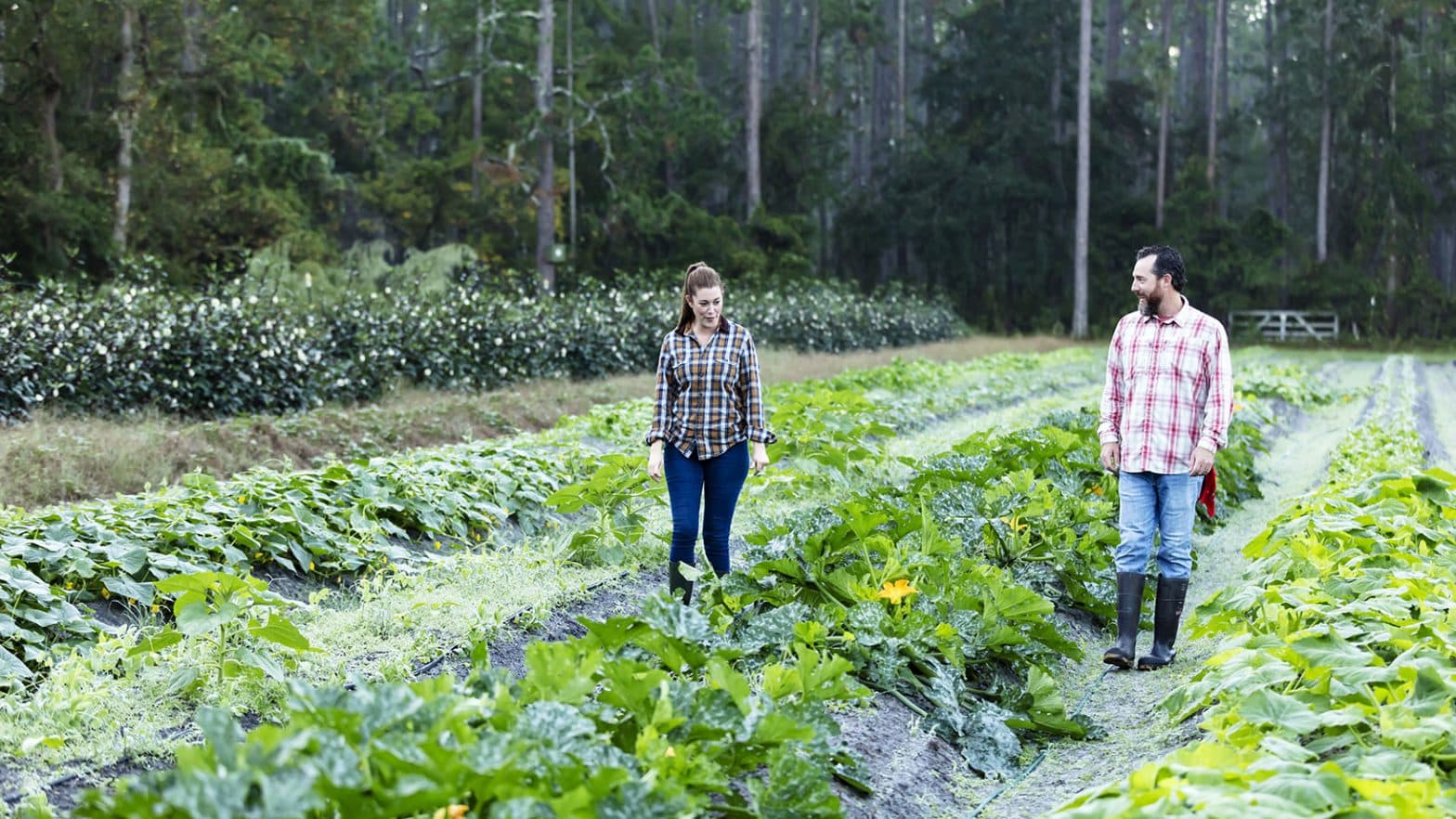
Williams v Williams 2022: proprietary estoppel claim
The recent case of Williams v Williams concerns a claim for proprietary estoppel in connection with properties held in a family farming business. While the case was primarily brought to determine how these assets would pass (and, more particularly, whether they formed part of a partnership such that they would pass to the claimant, Dorian Williams, as the survivor), he asserted a claim for proprietary estoppel in the alternative.
In this regard Dorian claimed that the properties belonged to him on the basis of promises he says his parents made to him at the time that the farms were purchased and subsequently, that they and the business should pass to him after his parents’ deaths.
What is proprietary estoppel?
A successful proprietary estoppel claim will establish a proprietary interest in land in the absence of the parties having followed the formalities typically required to establish a proprietary interest.
What is the test for a claim to succeed?
This can be granted if the claimant can show the following:
- a clear unambiguous assurance that the claimant will have the rights to the property;
- a reliance on the assurance by the claimant that must have been demonstrated; and
- a change of position or detriment suffered by the claimant (for example having spent money on buying land, or changing employment).
All three of these elements must be established for such a claim to be successful.
Why did this claim fail?
The claim in Williams v Williams failed for the following reasons:
- When the assurance was made, Dorian’s brother Gerwyn was working for a short period of time elsewhere (on motorways) and, at that point in time, Dorian was the only family member working on the farm.
However shortly after the assurance was made Gerwyn returned to the business, carrying out substantial work over the years. The judge found that Dorain could not reasonably rely on assurances made during a short period of time his brother was working away from the business or after his brother had returned.
- Dorian had admitted that he had no interest in working elsewhere and, as such, the court was of the view that he had not suffered a detriment; and
- The court took the view that a detriment could not be proved. Dorian was employed for over 40 years, and although the financial reward was not great, he was provided with board, lodging and a living; moreover he was also left with a share in the partnership and an interest in property.
Commentary
Estoppel claims are extremely fact specific and the outcomes are often both variable and unpredictable, partly due to the high level of judicial discretion associated with these claims. Accordingly it is always worth seeking specialist legal advice at the earliest available opportunity if you are involved in such a claim.
Of course, disputes of this nature can often be avoided through the careful drafting of agreements and succession planning during a testator’s lifetime. In this regard, the time and expense associated with instructing a solicitor to prepare a partnership agreement and Will would pale in comparison to the time and costs associated with litigating over these issues.
For advice or more information on proprietary estoppel please contact Dino Sikkel at [email protected].
The research for this article was assisted by Bethan Jamieson – who was gaining work experience with Dino.
Talk to us about
Related services











